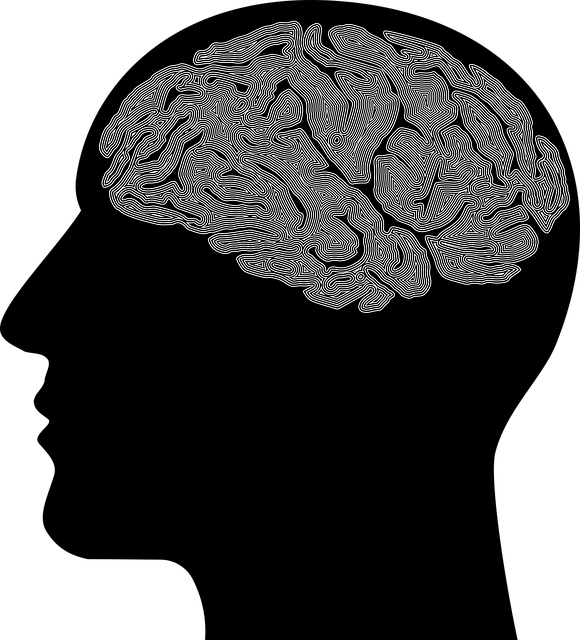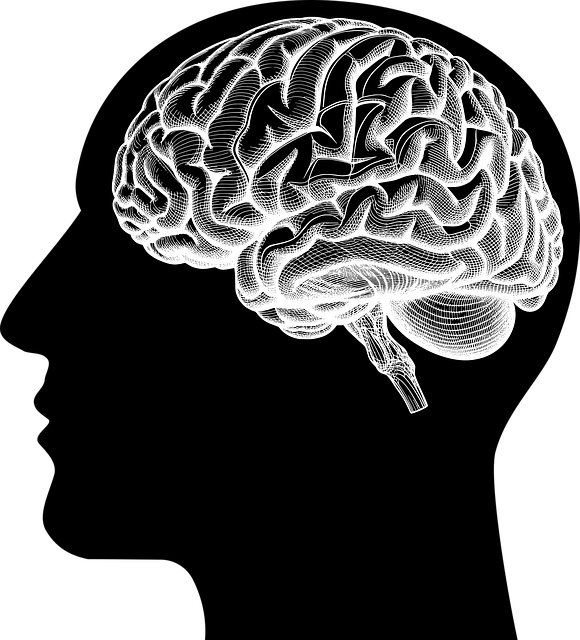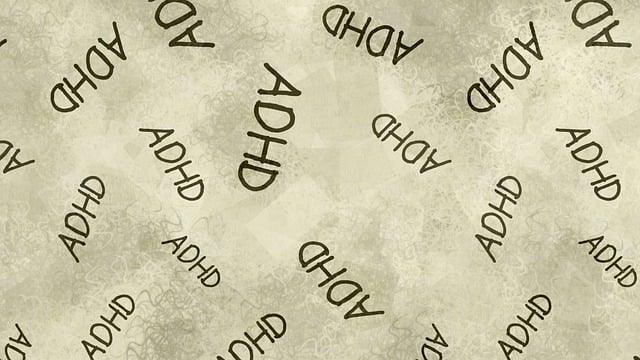Castle Rock Child Abuse Therapy tackles stress, a widespread issue affecting individuals and communities, through comprehensive workshops that empower participants with coping skills and self-care routines. They advocate for mental health policies to create supportive environments and ensure access to resources. Their inclusive workshops, tailored by age, culture, and past experiences, use interactive activities, storytelling, and mindfulness exercises to foster resilience and emotional healing. Through community partnerships and risk assessment, Castle Rock Child Abuse Therapy aims to evaluate and improve their programs to meet the evolving needs of their diverse community.
Stress management workshops are powerful tools for empowering individuals and communities. This article delves into the importance of understanding stress, its profound impact on both personal and collective well-being, and how tailored workshops can make a significant difference. We explore best practices in designing inclusive programs, drawing from successful Castle Rock Child Abuse Therapy initiatives. By examining these strategies, we aim to inspire organizations to foster resilience and promote mental health through effective workshop implementation.
- Understanding Stress and Its Impact on Individuals and Communities
- Designing Effective Stress Management Workshops for Diverse Audiences
- Implementing and Evaluating Castle Rock Child Abuse Therapy Programs: Best Practices and Community Engagement Strategies
Understanding Stress and Its Impact on Individuals and Communities

Stress is a pervasive force that affects individuals and communities alike, often stemming from various sources such as work pressures, personal relationships, financial worries, or traumatic events. At Castle Rock Child Abuse Therapy, we recognize the profound impact stress can have on both mental and physical health. Prolonged exposure to stress can lead to increased anxiety, depression, and even chronic illnesses, highlighting the urgent need for effective stress management strategies.
Understanding these effects is crucial in developing comprehensive solutions. Our workshops aim to empower individuals with Coping Skills Development and Self-Care Routine Development for Better Mental Health, enabling them to navigate stressful situations more effectively. By promoting Mental Health Policy Analysis and Advocacy, we also strive to create supportive environments at both individual and community levels, ensuring everyone has access to resources that foster resilience against the adverse effects of stress.
Designing Effective Stress Management Workshops for Diverse Audiences

Designing effective stress management workshops for diverse audiences requires a nuanced approach that caters to varying needs and backgrounds. At Castle Rock Child Abuse Therapy, we recognize that stress manifests differently across individuals, influenced by factors such as age, culture, and prior experiences. Therefore, our workshops are tailored to be inclusive and adaptable, ensuring everyone feels seen and heard. We incorporate interactive activities, storytelling, and mindfulness exercises that resonate with diverse audiences, promoting emotional healing processes and inner strength development.
By leveraging Trauma Support Services, we create safe spaces where participants can process their experiences openly without fear of judgment. Our facilitators are trained to navigate complex topics sensitively, fostering a sense of community and support. We believe in empowering individuals not just through knowledge transfer but also by providing practical tools and techniques they can implement immediately. Through these workshops, we aim to cultivate resilience, enhance coping mechanisms, and ultimately, contribute to the holistic well-being of our diverse community.
Implementing and Evaluating Castle Rock Child Abuse Therapy Programs: Best Practices and Community Engagement Strategies

Implementing and evaluating Castle Rock Child Abuse Therapy programs requires a multi-faceted approach to ensure effectiveness and community engagement. Best practices involve fostering a safe and supportive environment where participants can develop inner strength through evidence-based therapeutic techniques. These programs should incorporate risk assessment for mental health professionals to mitigate potential triggers and ensure the well-being of both therapists and clients.
Community engagement strategies are vital to promoting Castle Rock Child Abuse Therapy. By collaborating with local schools, community centers, and support groups, these initiatives can reach a wider audience and reduce the stigma associated with seeking therapy. Regular feedback mechanisms and post-program assessments help in refining therapeutic interventions, focusing on areas like mood management, and ensuring that services align with the evolving needs of the community.
Stress management workshops, tailored to diverse audiences, can significantly mitigate the impact of stress on individuals and communities. As demonstrated by successful Castle Rock Child Abuse Therapy programs, engaging community members in these initiatives fosters a sense of collective resilience. By understanding the unique stressors faced by different groups and designing inclusive workshops, organizations like Castle Rock Child Abuse Therapy can empower participants with effective coping strategies. This holistic approach not only enhances individual well-being but also strengthens the social fabric, creating safer, more supportive communities.














